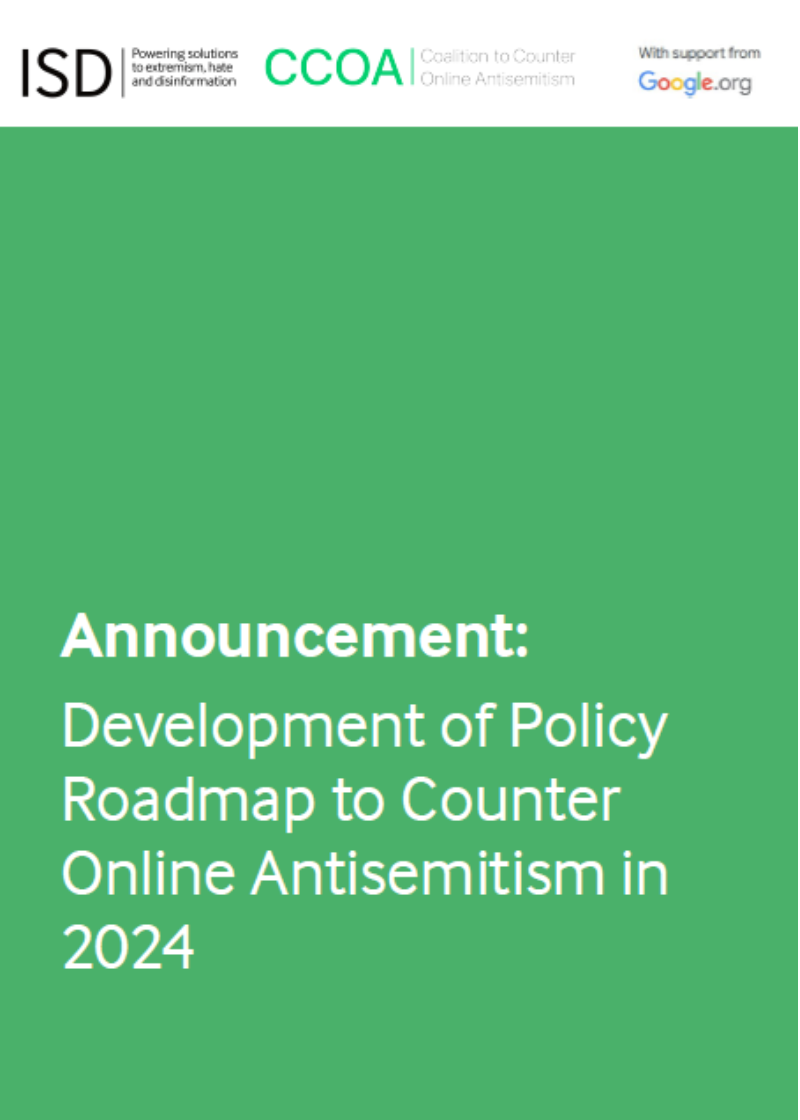Online Antisemitism Surges 107.7% in 2024, Fueled by Far-Left Ideology and Global Digital Networks

Online antisemitism experienced an unprecedented surge of 107.7% in 2024, with a significant shift towards far-left ideological motivations, according to a Combat Antisemitism Movement (CAM) annual data study released in April 2025. This alarming rise has transformed digital platforms into what one social media user described as a "12 lane superhighway" for extremist communication, connecting disparate groups globally.
The tweet by "Rick" highlighted this pervasive network, stating, "The Horseshoe is now a 12 lane superhighway leading antisemites to communicate & commiserate & stew at the speed of light signals thru fiber optic under-ocean cables connecting Qatar to dorm rooms on the Columbia campus to Dutch cafes to incel basements worldwide." This perspective underscores concerns about the global reach and interconnectedness of antisemitic discourse.
Recent reports from the Anti-Defamation League (ADL) and Jewish Federations of North America, published in October 2025, indicate that 55% of Jewish Americans experienced some form of antisemitism in the past year, with 41% encountering it online. Antisemitism on college campuses, including Columbia University, has been a significant concern, with 13% of Jewish Americans reporting antisemitic experiences in educational institutions. The American Jewish Committee's 2024 report also noted that more American Jews perceive the extreme political left as a serious antisemitic threat.
The "horseshoe theory" suggests that the far-left and far-right extremes of the political spectrum can converge in their expressions of extremism, including antisemitism. While academic studies offer mixed views on the theory's applicability, recent events show instances of both far-left anti-Zionist protesters displaying Nazi symbols and far-right figures spreading antisemitic tropes. This convergence facilitates the spread of hate across ideological boundaries.
Incel (involuntary celibate) communities, largely operating online, have also shown connections to antisemitic content. A May 2025 report by the Center for Countering Digital Hate (CCDH) found that one in four posts referencing a Netflix show within incel forums contained "racist and antisemitic conspiracy theories." These groups, often characterized by misogyny and nihilistic "black pill" ideologies, contribute to the broader ecosystem of online extremism. The mention of "Qatar" and "Dutch cafes" in the tweet points to the global and localized nature of these digital networks, leveraging modern communication infrastructure to foster and disseminate antisemitic narratives across continents and communities.